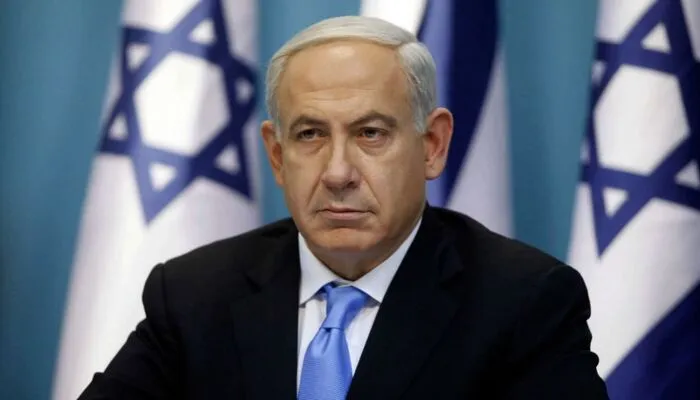Tensions in the Middle East escalated dramatically after Iran launched a missile attack on Israel. In response, Israeli Prime Minister Benjamin Netanyahu vowed that Iran “will pay” for its actions. He described Iran’s move as a “big mistake” that could lead to severe consequences. This statement reflects growing fears of an all-out war between these two regional powers.
The missile attack resulted in one fatality, and the extent of the damage remains unclear. According to a CNN analysis, many of the missiles targeted crucial locations. They struck near the headquarters of the Israeli intelligence service, Mossad, and hit two air bases. Such strikes underscore the gravity of the situation and the potential for escalating conflict.
Iran justified its missile attack by stating it aimed at Israeli security and military targets. This action was reportedly a retaliation for the recent killings of Hezbollah chief Hassan Nasrallah and Hamas political leader Ismail Haniyeh. The Iranian military chief has issued warnings of broader strikes if Israel decides to retaliate.
As the situation unfolds, Israel is preparing for possible responses. Officials have convened emergency meetings to assess the threat level and formulate a plan. The Israeli Defense Forces (IDF) have been placed on high alert, ready to respond decisively if necessary.
Military Analysts
Moreover, military analysts suggest that Iran’s actions could provoke a wider regional conflict. Many neighboring countries are closely monitoring the developments, fearing that the tensions could spill over into a larger war.
In Israel, citizens are anxious and concerned about the implications of the attack. They have begun stockpiling essential supplies, anticipating potential disruptions. Businesses and schools are also preparing for the possibility of further military action, causing a ripple effect throughout the country.
Internationally, leaders have called for restraint from both sides. Many fear that the cycle of retaliation could spiral out of control, leading to significant loss of life and destabilization in the region. Diplomats are urging both Israel and Iran to engage in dialogue to de-escalate the situation. However, with both sides adopting hardline stances, the prospects for diplomacy appear bleak.
The United States and other world powers have expressed concern about the escalating tensions. They have emphasized the importance of maintaining stability in the region and preventing further military confrontations.
As of now, the world watches closely as Israel and Iran navigate this precarious situation. The threat of retaliation looms large, and the potential for a wider conflict is very real. Both nations must tread carefully to avoid igniting a fire that could engulf the entire region.
The missile attack marks a significant turning point in Middle Eastern relations. Israel’s promise of retaliation adds to the already high stakes. As both countries prepare for the next steps, the international community hopes for a peaceful resolution. However, with tensions at a boiling point, the future remains uncertain.
Follow us on Google News, Instagram, YouTube, Facebook,Whats App, and TikTok for latest updates
